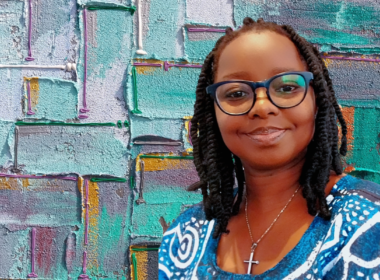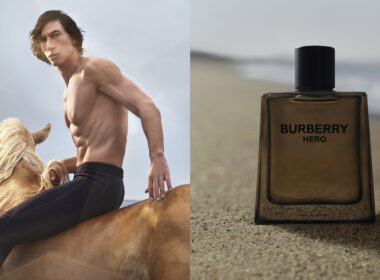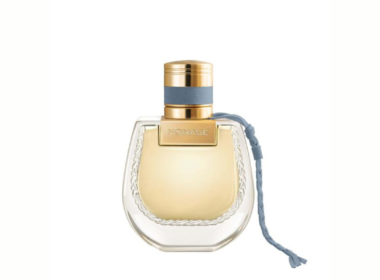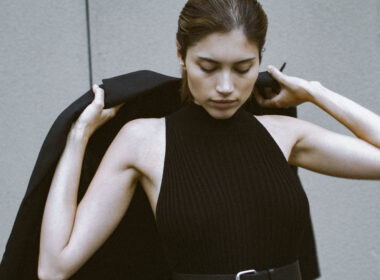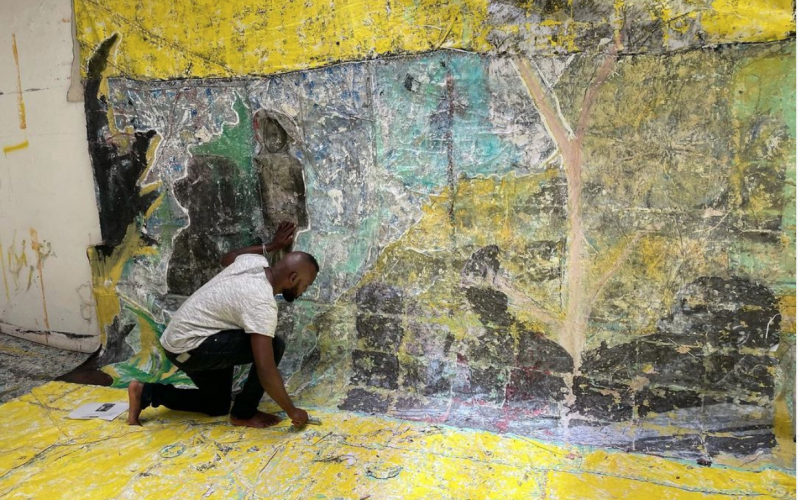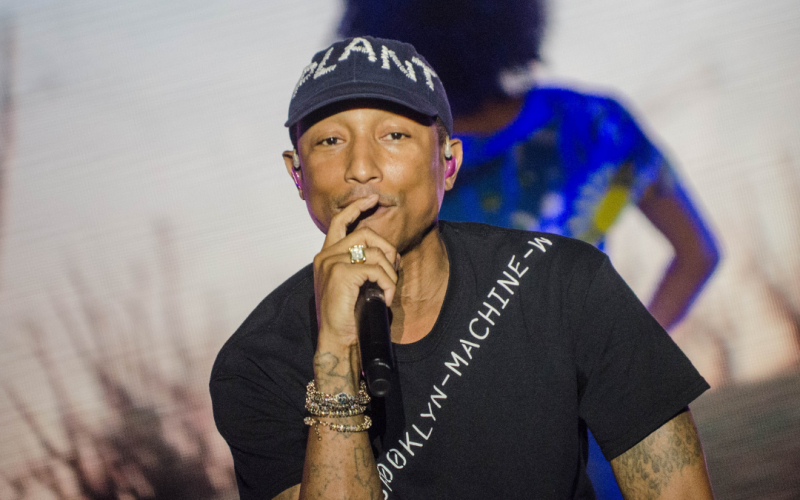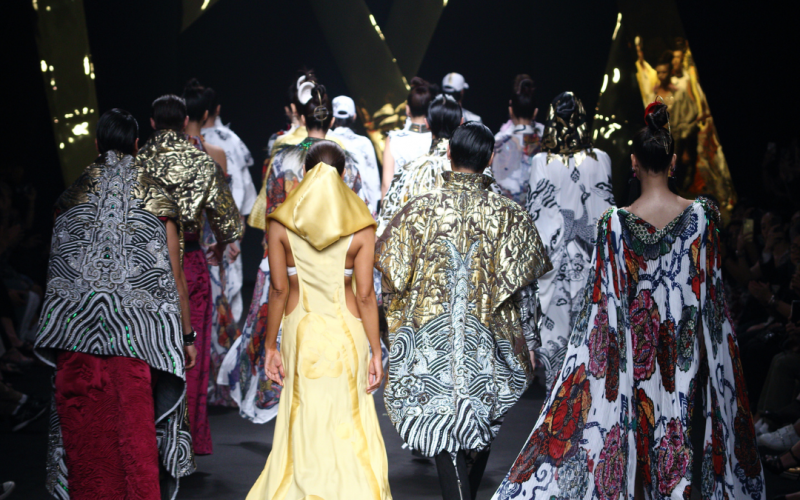Kaloki Nyamai is a Kitui-born Kenyan artist who now lives and works in Nairobi. Kaloki explores the connection between history and identity, looking at the past, the present, and the space in between. The lengthy research process used in the creation of the works is mirrored in the viewing experience: “It’s like layers of history.” His art has been displayed at fairs and exhibitions all around the world. He has also participated in the Venice Biennale, the Dakar Biennale, the Stellenbosch Triennale, and the Ostrale Biennale, and he has been collected by museums such as the Dallas Museum of Art.
As a boy, he learned to draw from his mother and grandmother, who would tell him stories about her great-grandmother and how they came to be in the land they now call home. “My initial influences were my mother and my grandmother, who was a traditional singer in the late 1950s and abandoned public singing following political incarceration in the 1960s,” he says. Despite this experience, Kaloki’s love for his homeland remained unshaken. This was evident when he decided to build an artist library in his community to promote artists. “We don’t have as much government backing or attention on art,” he asserted. The Fabl’style crew spoke with this artist in depth about his work, African art, and a range of other subjects.
Fab: What’s your story? Was there a defining moment in your life when you realised you wanted to be an artist?
Kaloki: There wasn’t any really. It just came naturally. My grandmother was an artist, as was my mother, so when I discovered I had a talent, my mother was a great supporter. Although growing up I wanted to be in the army but maybe it was after high school when I had choices of whether to do engineering or art.
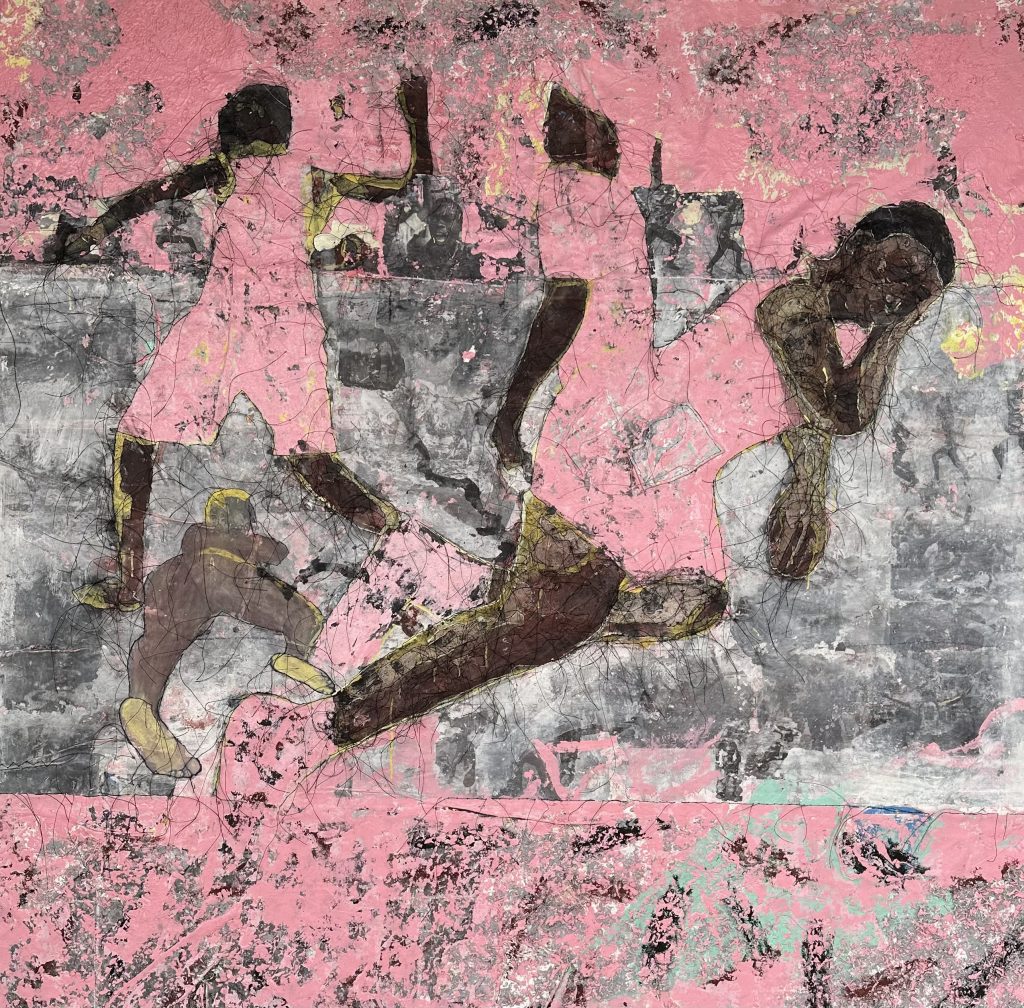
Fab: What was your first piece of artwork that you sold? How did you react to it?
Kaloki Nyamai: I vaguely remember how the art work looked, but I remember my reaction. I couldn’t believe someone would pay for it. I was the happiest boy in town. 150 dollars—that was a lot back then. I told my parents, and they didn’t believe me. 5 Kenyan Brands You Should Not Miss
Artists foresee the future. It is for them to tell us what is happening and what will happen in the future
Kaloki Nyamai
Fab: Could you tell us about your creative process? How do you get from ideation to the final piece?
Kaloki: When I start a painting I never know how it’s going to turn out but I have a theme that guide me, My artistic process gets affected when I wake up and go to work and everything around me, the environment, news, social media. When I reach the studio, I just place layers of pictures and paint some times cow dung. I also like placing historical images down, especially where my history has been affected and what I remember from stories have been told before. When it’s all done, I will paint an image on top of the pile, then there will be a sense of completion and finally I will stitch it to make all the broken pieces come together.
Fab: What do you reckon your art’s visual and conceptual strengths are? And what themes fascinate you the most?
Kaloki Nyamai: My work is like sculpting with paint by adding layers and layers of paint and stitching. Allowing the piece to stand like a sculpture. I like African historical traditional themes and African American history, especially from the 20’s to now. And themes of war in search of peace.
Fab: You mentioned your mother and grandmother as your earliest influences. Your grandmother was a traditional singer in the late 1950s and quit public singing following political detention in the 1960s. What impact has this event had on you as an artist?
Kaloki: It always makes me shy away from politics but at the same time brings out the pain and my voice earning for change. Don’t miss Art Through the Lens of FAB L’Style: Ken Wilson
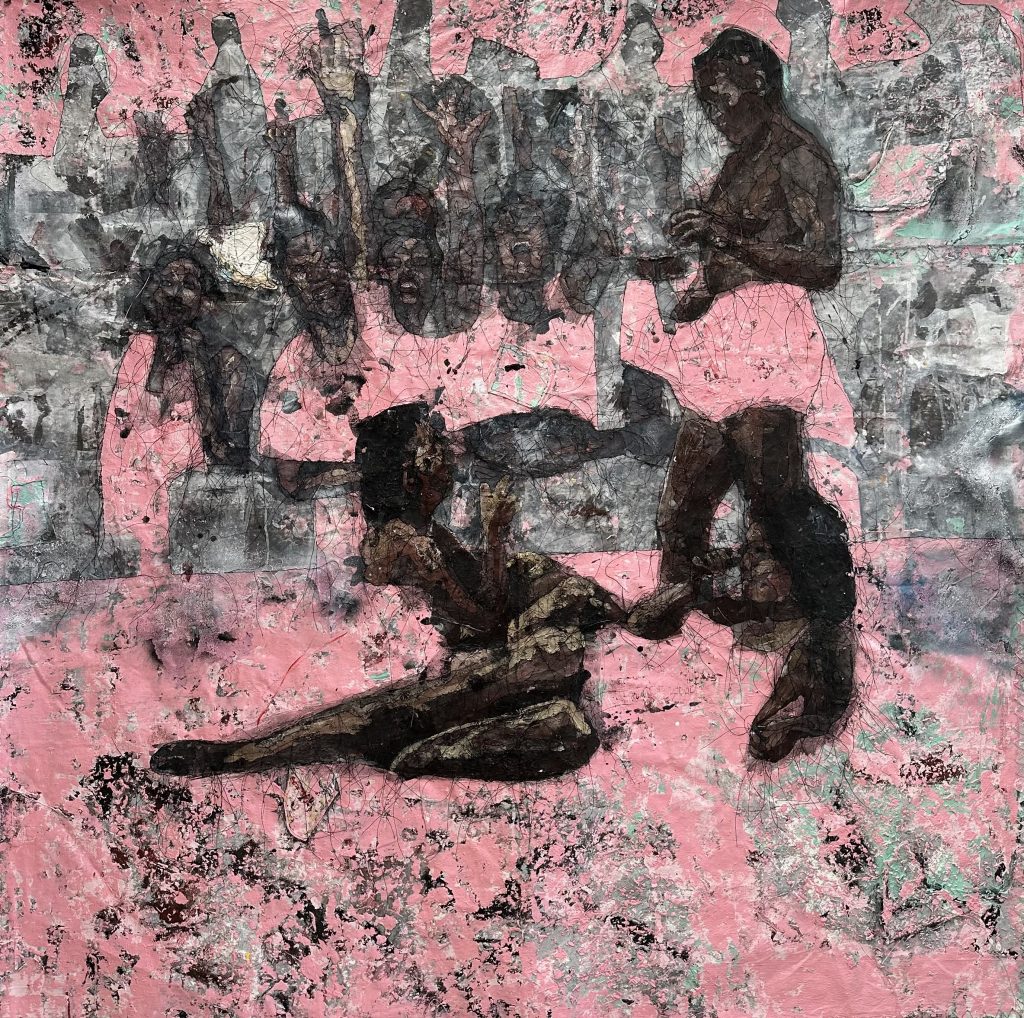
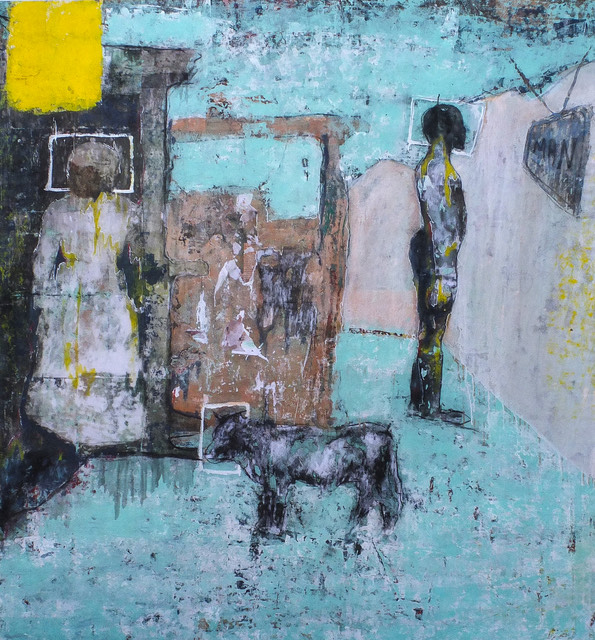
Fab: You are about opening an art residency and library in Nairobi to help Kenyan artists. What did you notice in your surroundings that prompted you to take this step?
Kaloki: We don’t have so much support from the government or emphasis on art. Until recently they had removed the art curriculum from schools. When people visit Kenya, they focus on tourism not art. There are so many brilliant artist in Kenya. I am creating a space where young artists will have an opportunity to work with established artists through a mentorship programm and I hope to launch this art residency at the end of this or next month. About the library, I hope to launch mid this year and the purpose of the library it will be an art library dedicated to art only books where kids can learn more about art, artists and institutions can do research. It will be a public library where anyone can access
Until recently, they had removed the art curriculum from schools. When people visit Kenya, they focus on tourism, not art. There are so many brilliant artists in Kenya.
Kaloki Nyamai
Fab: There have been more calls for sustainable living than ever before; has your work made any impact in this area?
Kaloki Nyamai: Maybe on my life style
Fab: What role do you believe the artist plays in today’s Kenyan society? Do you believe that artists and the arts have a role to play in Africa’s development?
Kaloki Nyamai: Artists foresee the future. It is for them to tell us what is happening and what will happen in the future. In different forms of arts African artists in Africa are reshaping Africa through creative outputs. Explore FAB in Africa: Does Fashion Have a Place In Kenya?
Fab: What are your thoughts on the NFTs art market? Do you have any NFT art on display? Is there any chance for African artists here?
Kaloki Nyamai: I have no thoughts. I do not have any artwork on NFT. Some African artists have been successful, but I don’t know much
Fab: Finally, what can we expect from you in the future?
Kaloki: More museum representation.
Check Kaloki out on Instagram: @kalokinyamaistudio
